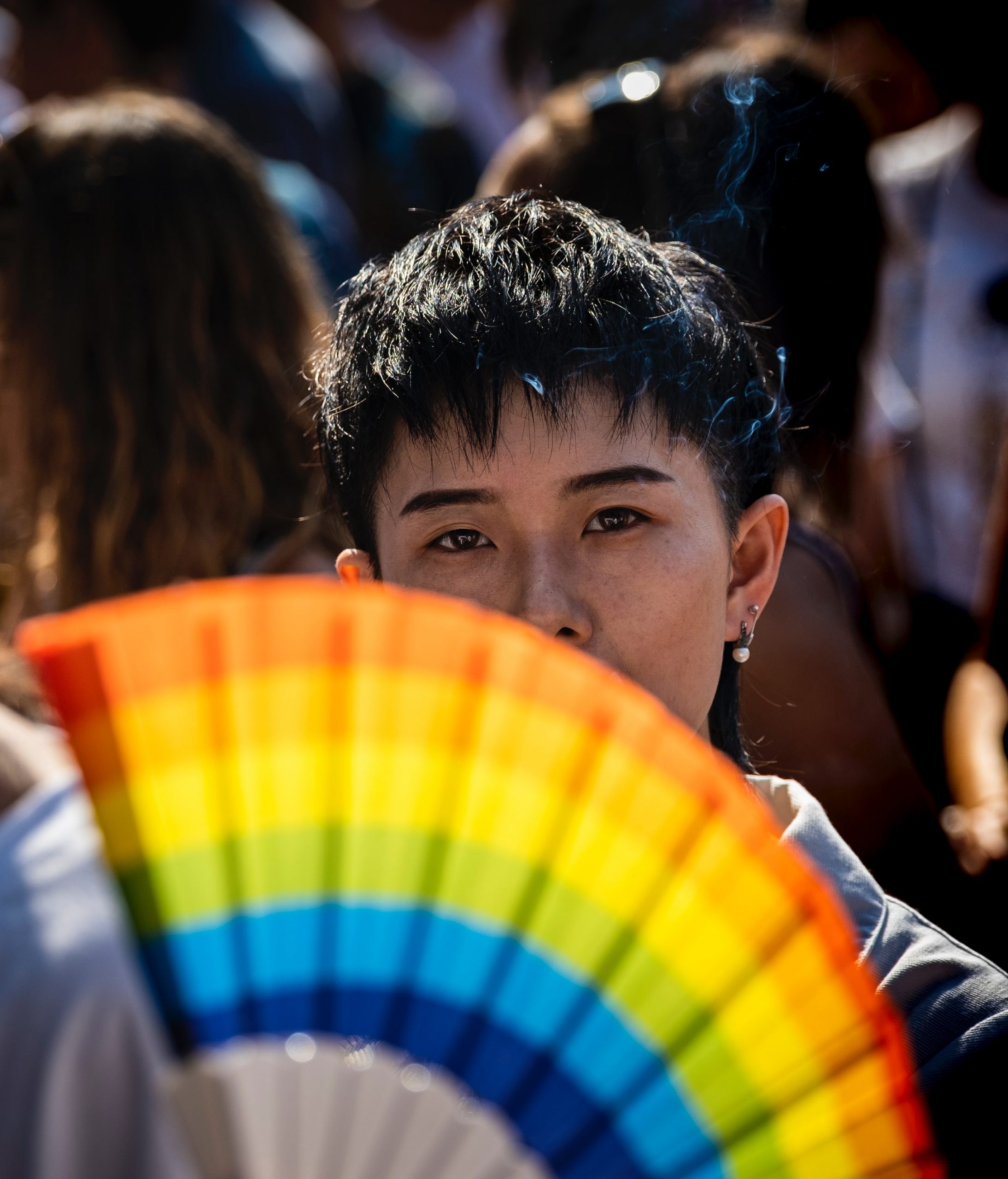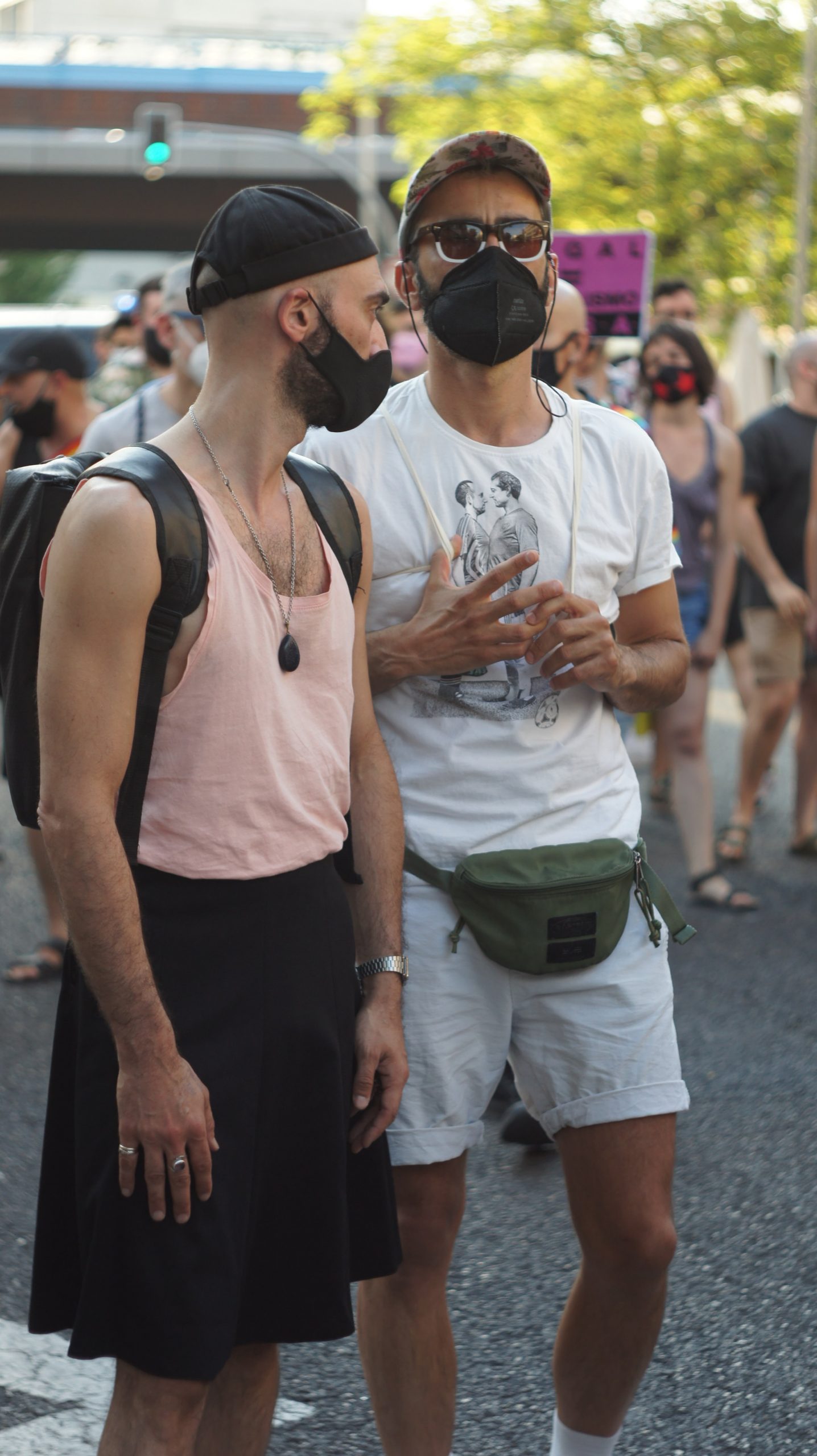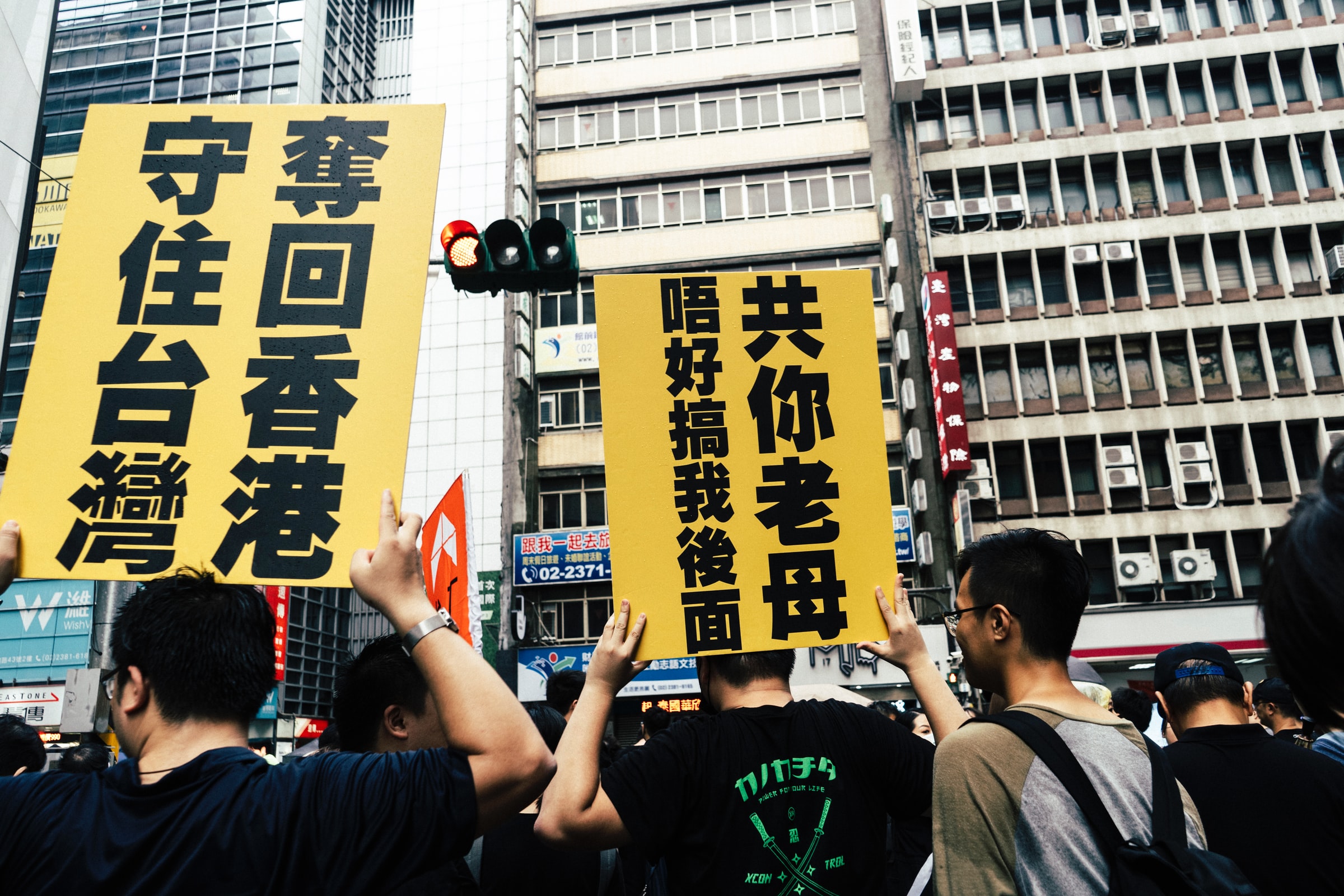“On May 17, 2019, in Taiwan, love prevailed. After Parliament passed a law allowing marriage for all, we took a big step towards real equality and made Taiwan a better country,” President Tsai Ing-wen wrote on Twitter. By becoming the first country in Asia to recognize same-sex marriage, Taiwan confirmed its status as a progressive outpost in the region on Friday, May 17.
The island, where a major LGBT Pride March is held each fall, has become a beacon of tolerance in a conservative region, especially in the family. Earlier in May, the Sultan of Brunei was forced to abandon his plan to impose stoning for homosexuals in the face of an international outcry.
Above all, Taiwan stands out for its openness to Beijing, which claims sovereignty over the island but is known for its repression of free expression and strengthening the Communist Party’s (CCP) control over civil society in mainland China.
“A true democracy” in the face of China

All morning, tens of thousands of activists had waited in the pouring rain for the voting session to begin in the street closed to traffic, where a platform had been set up, a few blocks from the Legislative Yuan, the Taiwanese Assembly. The speeches followed one another, calling to “show that the country is a real democracy, compared to a certain country opposite”, referring to China, and “fight prejudice”.
In cadence, the entire crowd repeatedly took up the movement’s slogans: “True love, it does not know discrimination.” “We want marriage! We want marriage!” The presentation of each of the articles of law was broadcast live. It was not until the vote on the fourth, at about 1:30 p.m., that shouts of victory and cheers filled the vicinity of the Parliament.
The timetable had been imposed on President Tsai Ing-wen by a decision of the Supreme Court following the appeal of a gay rights activist, Chi Chia-wei, supported by associations: on May 24, 2017, the highest Court of the island had demanded, in the name of the constitutional right to equality, that legislation is allowing same-sex marriage to be adopted within two years. Otherwise, same-sex marriages would have been recognized in the courts.
The New Same-sex marriage

In Parliament, a bill amending the Civil Code cleared the first hurdle in 2016 by being passed in the first reading. But the island also has a very conservative fringe that, fearing that marriage for all would destroy family values, organized large demonstrations against any legislative change on the subject.
On the other hand, the Court said that legalizing gay marriage would contribute to greater social stability and protect “human dignity. Hundreds of pro-marriage advocates gathered outside Parliament and roared with joy at the decision, some bursting into tears. Gay marriage activists told the protesters that it was now up to them to make sure the government implemented the ruling.
Some fear delaying tactics by opponents of gay marriage in Parliament. “I hope the law will be passed before the end of the year,” said Bubu Chen, who in 2013 performed an unrecognized marriage ceremony with his partner. Outside the Ministry of Justice buildings, anti-gay marriage protesters were heard shouting “unjust justice” or “sinners.”
Sharp divisions in society

Time was of the essence for Ms. Tsai’s administration, which brought the text to a vote a week before the deadline and on the occasion of the International Day against Homophobia and Transphobia. Along the way, the left-wing Democratic Progressive Party (DPP) government met with resistance from conservative religious movements, including Christians, who had joined forces under the banner of “Alliance for the Happiness of Future Generations.
They also multiplied rallies and carried, in November 2018, popular initiative referendums to “restrict the concept of marriage in the civil code to one man and one woman”; despite their only advisory value, they complicated the government’s task.
The administration maintains that it has taken this opposition into account through a balancing act in the text, allowing same-sex couples to form “exclusive permanent unions” and have them registered in the “marriage register.
The text allows for the adoption of a spouse’s child and gives same-sex couples the same rights to taxation or insurance as heterosexual married couples had previously enjoyed. A majority of 10 of the Court’s 14 justices was required for the ruling. After heated debates that highlighted the deep divisions in society on the issue, the judges had to decide on two appeals.
Chi Cia-Wei, 59, one of the appellants, has been fighting for decades. At the heart of the dispute is a provision in the Civil Code that says marriage can only be between a man and a woman. The plaintiffs argue that this article is contrary to several principles of the Constitution guaranteeing equality for all.
The other applicant was the Taipei City Council, which regularly rejects applications for same-sex marriages and seeks clarification. The debates highlighted the sharp divisions in society, with giant pro-gay marriage demonstrations following rallies of hundreds of thousands of people who oppose it.
“Conflicts in families will increase, and the whole definition of marriage will change,” said Andrew Chang, spokesman for Taiwan’s Alliance of Religious Groups for the Love of Family, before the ruling. “Ancestral legacies and family structure will be disrupted,” he added. The ruling will resonate throughout Asia. Calls for equal rights are growing in the region, particularly South Korea and Japan.
Sound off in the comments section below and tell us what you want to read next and if you want to read more about Taiwan’s same-sex marriage bill.

